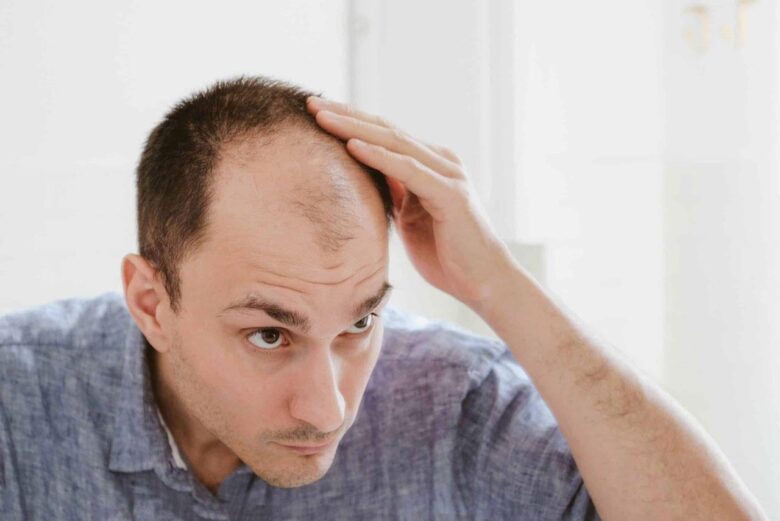
Hair Growth Solutions for Balding Men Over 40
As men age, they often face the uncomfortable reality of hair loss, particularly after the age of 40. For many, this can be a significant source of frustration and self-consciousness. However, there are various strategies and solutions available that can support hair growth and restore confidence. In this article, we will explore effective treatments, practical tips, and the benefits of taking action early to maintain your hair as you age.
Understanding Hair Loss in Men Over 40
Hair loss is often a natural part of aging, particularly due to genetic factors and hormonal changes. For men, male pattern baldness (androgenetic alopecia) is the most common condition that leads to thinning hair and bald spots.
Common Causes of Hair Loss in Older Men
- Genetics: Family history plays a significant role.
- Hormonal Changes: Dihydrotestosterone (DHT) contributes to hair follicle shrinkage.
- Health Conditions: Thyroid problems, autoimmune diseases, or scalp infections.
- Stress: Physical or emotional stress can lead to temporary or chronic hair loss.
- Nutrition: Poor diet lacking in essential vitamins and minerals.
Benefits of Addressing Hair Loss Early
- Boosted Confidence: Restoring hair can significantly improve self-esteem.
- Younger Appearance: Thick hair is often associated with youth and vitality.
- Better Grooming Options: More hairstyle choices with a fuller head of hair.
Effective Treatments for Hair Growth
Fortunately, there are several effective treatments available to promote hair growth in balding men over 40. Below, we’ve outlined popular options:
1. Minoxidil
Minoxidil (commonly known as Rogaine) is a topical solution that helps stimulate hair follicles. It’s available without a prescription and can be applied directly to the scalp. Regular use may result in visible hair regrowth in men.
2. Finasteride
Finasteride (propecia) is an oral medication that lowers DHT levels in the body. This can help prevent hair loss and promote regrowth. A prescription is necessary for this treatment.
3. Hair Transplantation
For those looking for a more permanent solution, hair transplantation may be an option. This surgical procedure involves relocating hair follicles from the back of the head to the balding areas. Results can be very natural-looking.
4. Low-Level Laser Therapy (LLLT)
LLLT uses red light to promote hair growth and can be done at home with devices like laser caps or combs. It’s a non-invasive method that may stimulate hair follicles.
5. Nutritional Supplements
Supplements such as biotin, vitamin D, and zinc may support hair health. A balanced diet rich in vitamins, minerals, and proteins is crucial for hair growth.
Practical Tips for Hair Growth
In addition to treatments, adopting certain lifestyle changes can promote regrowth and overall hair health:
- Maintain a Healthy Diet: Focus on leafy greens, lean proteins, and omega-3 fatty acids.
- Stay Hydrated: Drink plenty of water to support scalp health.
- Reduce Stress: Engage in yoga, meditation, or exercise to lower stress levels.
- Avoid Heat and Chemicals: Limit the use of heat styling and chemical treatments.
Case Studies and First-Hand Experiences
| Name | Age | Treatment Used | Results |
|---|---|---|---|
| John | 42 | Minoxidil | Noticed regrowth in 4 months |
| David | 45 | Finasteride | Reduced hair loss dramatically |
| Michael | 40 | Hair Transplant | Fuller hair in 6 months |
Conclusion
For balding men over 40, addressing hair loss is more than just about aesthetics; it’s about restoring confidence and embracing life fully. There are numerous treatments and lifestyle changes available that can effectively support hair growth and health. Whether you opt for topical solutions like minoxidil or consider advanced options such as hair transplantation, taking proactive steps can make a significant difference. Remember, understanding your condition’s causes and seeking effective treatments as early as possible can lead to the best outcomes. Don’t hesitate to consult healthcare professionals to find the right plan tailored to your needs.










